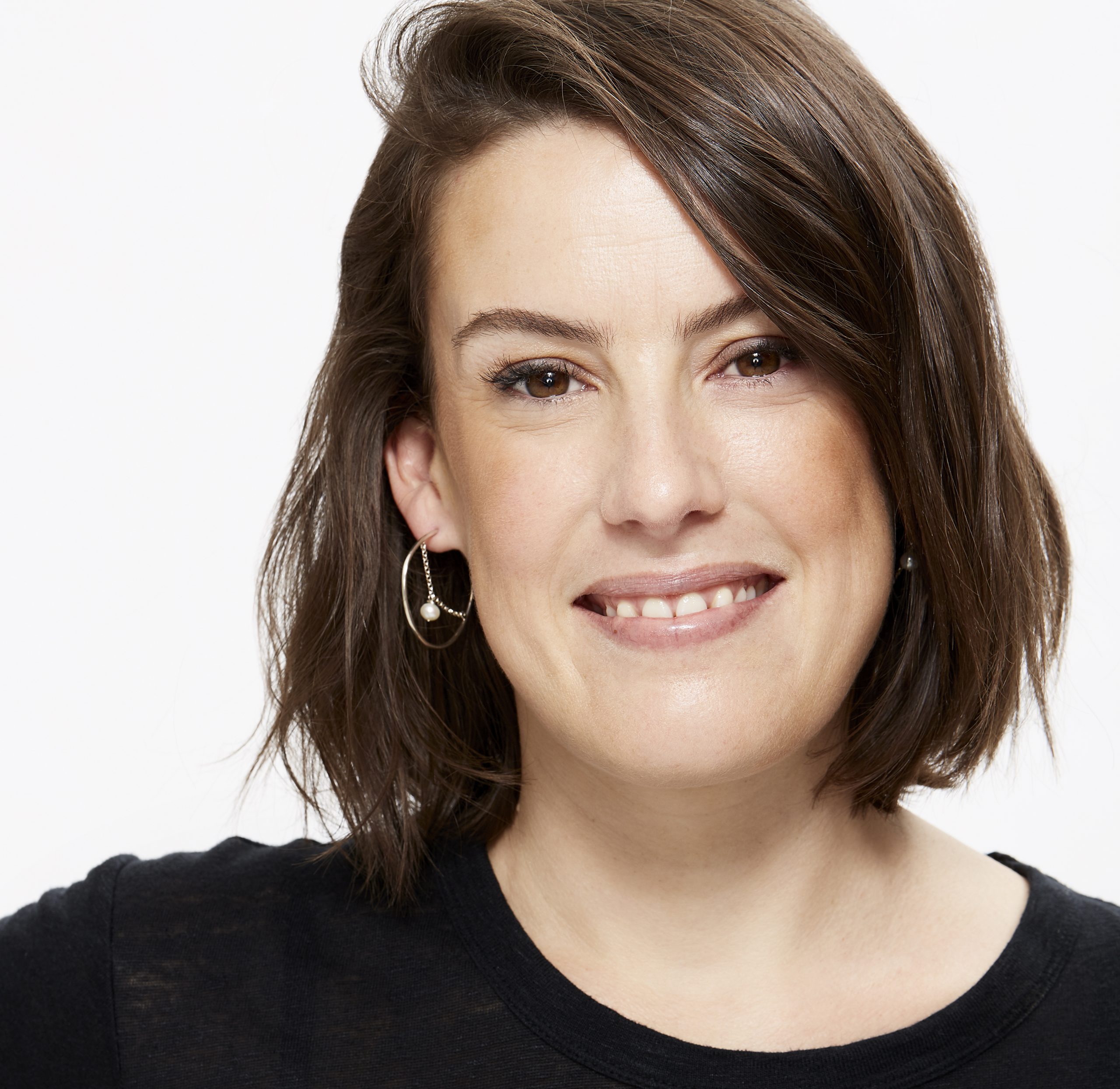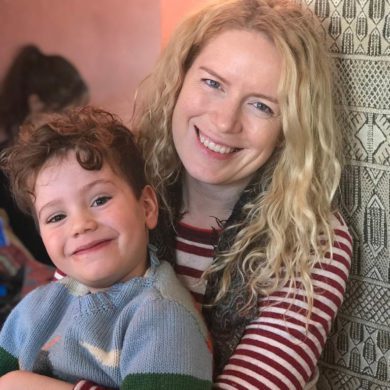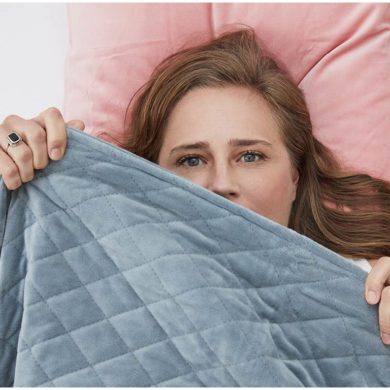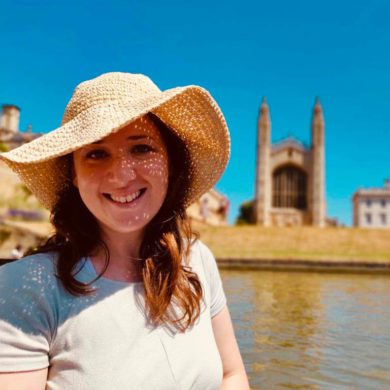For most of us, domestic abuse is a distant, if horrifying, concept – something we read about in newspapers or hear about on television.
But for others it is all too real – a daily and inescapable nightmare if you are a victim or survivor, or, in the case of the social workers and advocates who campaign tirelessly on their behalf, just another day at work.
This week, on the eve of the International Day of Elimination of Violence Against Women, we spoke to four women – social workers, advocates and journalists – for whom domestic abuse is an everyday part of their job, and asked them about the cases they can’t forget. Here’s what they said.
“Her sense of self-worth was decimated”
Helen Silvia is the CEO of the Women and Girls Emergency Centre in Sydney
One of the cases that sticks with me involved an elderly women in her 70s. She was lovely – the kind of woman who might be a neighbour.
However, she was suffering terrible family violence at the hands of her son. She had signed all her financial assets over to him in the belief that he would look after her. However, she was being forced to live out in the outdoor laundry, while the son and his family lived in the house. It was a very, very cruel case – the laundry she was living in was cold and stone-floored – and her own sense of self-worth was decimated.
The case only came to light because the woman had been in contact with her community centre manager, and as they got to know her they started to understand the situation she was living in and said, ‘That’s not right’.
Like so many of our clients, it was a gradual journey of discovery for the woman in terms of understanding the situation she was in and accepting that it wasn’t ok, and that she deserved better.
Eventually we were able to provide her with support. We found her housing and then at her late age in life she had to rebuild her identity and security. But it was a very cruel case of financial control, psychological abuse and just real physical cruelty as well, and it speaks to the fact that elder abuse is very often perpetrated by family members.
“I think everyone should know about this story”
Journalist Jess Hill spent several years researching domestic violence cases for her book, See What You Made Me Do (Power, Control and Domestic Abuse)
The case that has affected me the most deeply – most radically – is that of Tamica Mullaley and her baby Charlie. On 19 March 2013, she was attacked by her partner, Mervyn Bell, and left on the side of the road, naked, except for a sheet. She was traumatised and humiliated – it was one of the major streets in Broome – and she was standing there with her baby, in a sheet.
She called her father, Ted, but the police arrived first.
Tamica had suffered significant injuries, injuries that should have been obvious to police. But they insisted that she provide a statement, even though other witnesses had seen the attack. When Tamika tried to run away from the police – she just wanted Mervyn charged – they chased her, pushed her to the ground, and charged her with assault.
Ted eventually convinced police to take Tamica to hospital, but instead of making sure Charlie was safe with relatives, they handed him to young women who were there at the scene.
Once Ted knew Tamica was being treated at the hospital, he raced back to pick up Charlie, but soon discovered that Mervyn (who was not his father) had been to the house and had taken him. Ted then desperately tried to convince police to look for Mervyn. He reported the abduction – even told police what car Mervyn was driving. But police refused to take him seriously..
The next afternoon, Charlie was found dead having been left alone with Mervyn for 15 hours. Mervyn was later found guilty of a range of horrific crimes against Charlie including sexual assault.
Perhaps the most shocking part of this story – the most galling – is that even after her baby was murdered, police pursued charges against Tamica, and charged her father with obstructing arrest.
I think everyone should know about this story. It’s devastating, and yet it was hardly reported on. It should have been a national scandal. It is one of the most shocking cases I think I’ve ever heard, and for me, it just shows how dangerous it is for Indigenous families to involve police when they’ve been assaulted or when they’re under threat.” *
* In April 2016, Broome police were investigated by the WA Crime and Corruption Commission over the handling of the abduction of Charlie Mullaley and cleared of serious misconduct. The Mullaley family is pursuing legal action.
“He regularly threatened her with a shot gun”
Deanne Gardiner is the client services manager at WAGEC
Many years ago, I once helped a lady who arrived at our service with nothing but her one-year-old child in a stroller and her Medicare card down her bra.
It was a very severe domestic violence case. She had several children and her partner regularly threatened her with a shotgun.
She had escaped that morning after her older children had gone to school. When her partner stepped into the shower, she told him she was going to the shop for bread and would be back in 10 minutes. Instead she went to the police station and they put her on the train to us. By the time she arrived, she hadn’t had anything to eat or drink all day and neither had the baby, who was in a very waterlogged nappy.
She had to leave her older children behind, which was really harrowing. She feared that if she had taken them or tried to get access or custody then he might have killed them or her. And in those days, legislation around custody was different. So she’d decided to put all her efforts into the little one she had with her.
This woman had also had drug problems, so once she came to us it was just a day-to-day process of staying off the drugs and also dealing with the grief and loss of her children. We eventually secured community housing for her. I met her two years later, and although she still hadn’t had contact with her older children, she had enrolled in university and the last I heard she had graduated and was working. I don’t often think about that case, because it’s so horrifying and heartbreaking. I can’t go there. But it’s absolutely a case I won’t forget.
“These women are very, very vulnerable”
Yasmin Khan is the founder and director of The Bangle Foundation, which supports women from the Indian subcontinent
A while ago I got a call from the local Imam, asking me to go and pick up a young woman sitting in a nearby restaurant.
When I walked in, she just started crying. It turned out that she had only been in Australia for a couple of months, and that morning her [new] husband had told her they were going on a honeymoon to Bangkok.
But when they arrived at the airport, she saw that there were two boarding passes: one to Bangkok and a second from Bangkok to Kolkata.
He wanted to take her back to India.
But she didn’t want to go, and when he went through customs she stayed upstairs [at the airport]. He demanded that she come with him, and when she didn’t, he just abandoned her at the airport.
She had no phone, no money. She didn’t even know where she lived. Luckily, a young man walked past, saw her crying, and gave her money for a taxi, and she drove back to this restaurant.
She told me that the restaurant she was sitting in was owned by her husband and managed by his cousin, and that she had worked there for months, cooking, cleaning, washing everything from nine in the morning till 10 at night with no pay. Her husband had been very controlling, and there had been violence. The police had a record on her. The hospital had a record on her.
But now she had nothing… and a few days later her husband cancelled her visa. She couldn’t go home because her mother was a widow and living hand-to-mouth. She ended up staying with me for a few weeks, and then the community looked after her because she wasn’t eligible for government assistance.
I’m sharing this story because these are the women we meet. They don’t turn up black and blue. But they are very vulnerable. Often they’re on spousal visas, so it’s not simply a matter of telling them to pack their bags, [leave their husbands] and get out of there. It doesn’t work like that. They have nowhere to go, no safety net, and we need to find a way to help them.
If you would like to support women facing violence or homelessness, you can donate at Women And Girls’ Emergency Centre.
If you are at risk of violence or you know someone who is at risk of violence call toll-free 1800 737 732. If you are in immediate danger please call 000.














No Comments